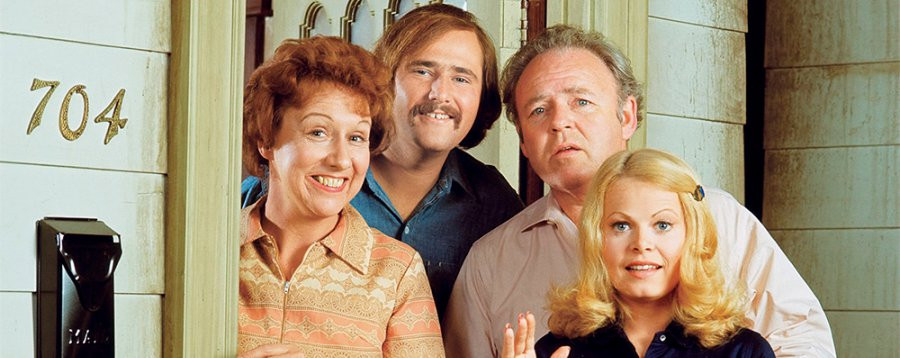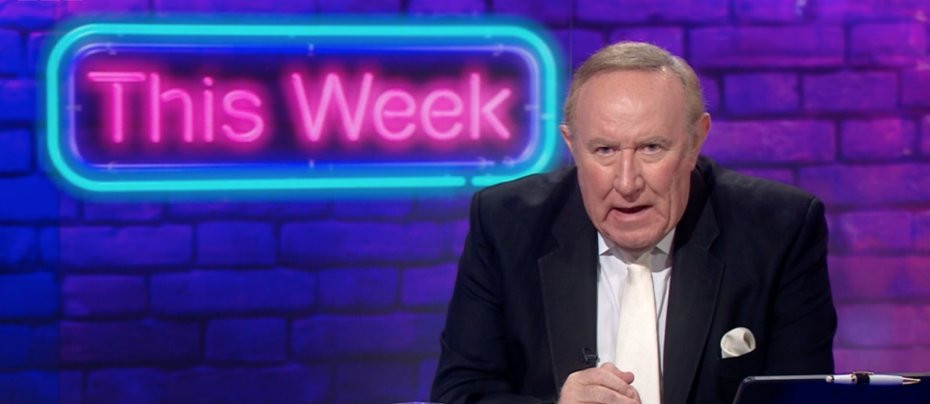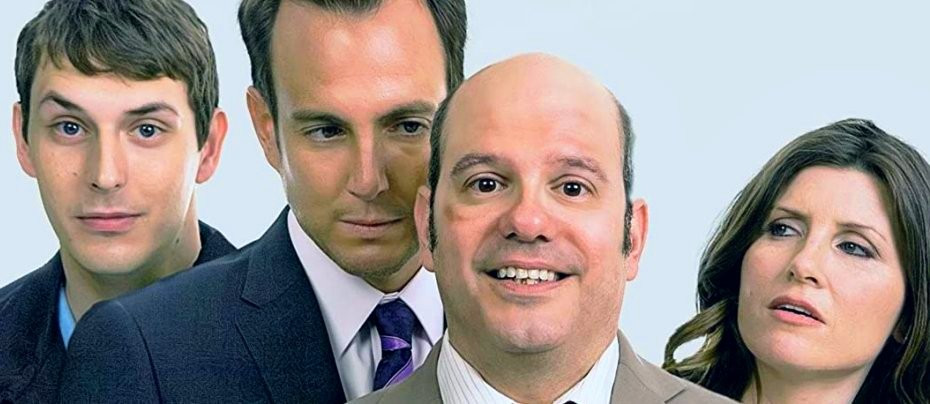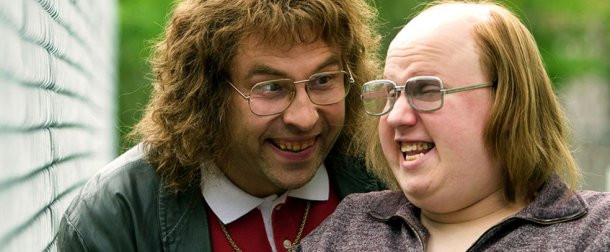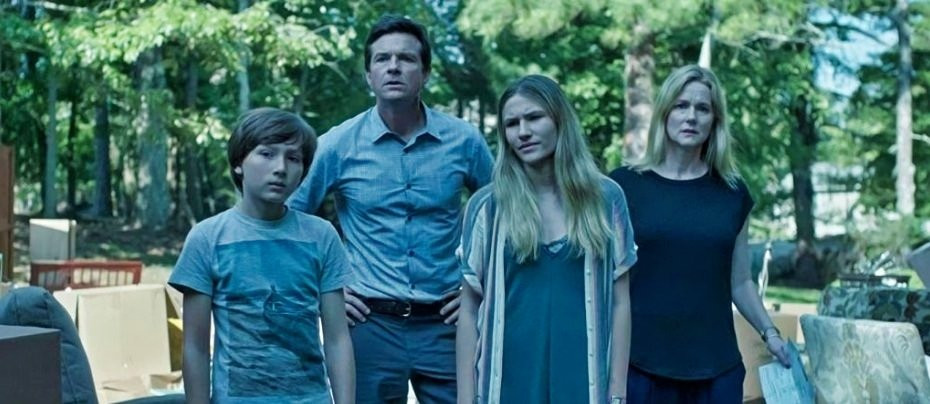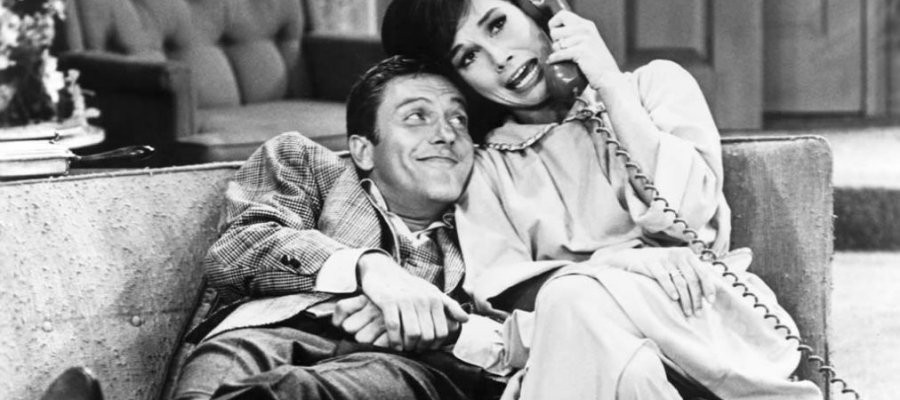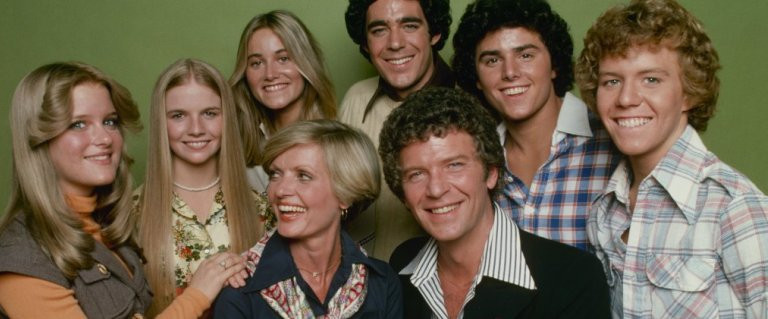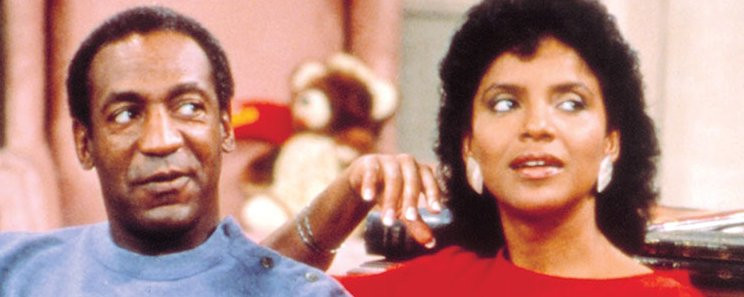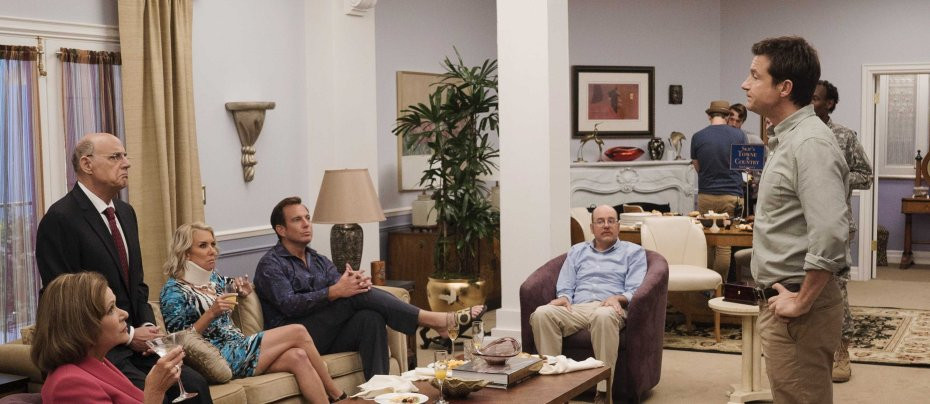
Arrested Development
2003 - United StatesIt has to be said that Arrested Development was always prone to not only flogging a joke to death but then chasing it into the Afterlife
Review: Arrested Development by John Winterson Richards
The 1990s were a Golden Age for independent and relatively low budget cinema. There was a lot of experimentation, and, as always with experiments, some worked and others did not. In particular, there was a vogue for films that put deliberately eccentric or "quirky" characters in unlikely, borderline surreal situations.
As usually happens, television started copying cinema, and the 2000s saw a number of shows that were obviously influenced by the likes of Wes Anderson. Most were forgettable, but Arrested Development, My Name is Earl, Parks and Recreation, and, a bit later, Apartment 23 may be said to be among the more successful, comically if not always commercially.
For the problem with deliberate quirkiness is that it can charm for a while but soon gets tiresome. The fun girl at a party is not the one you want to marry. In this respect, a film of under two hours is about the limit. Stretching it over an ongoing series usually wears out its welcome very quickly. Where My Name is Earl and Parks and Recreation got around that through sheer likeability, Arrested Development and Apartment 23 chose to go in another direction, and they paid a price for it in terms of viewership.
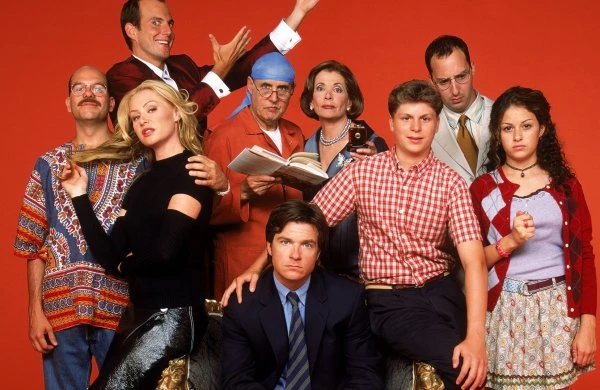
The Bluth family, the protagonists in Arrested Development, are for the most part not likeable, or at least were not perceived as such by viewers at the time. It is typical of the show's "meta" eccentricity that they refer to this on-screen and almost literally beg the audience to like them.
Yet the basic appeal of Arrested Development was never to likeability but, quite the contrary, to appreciation of its self conscious, self referential cleverness. As such, it was indeed often brilliant, at least when it was at its best. There was real craftsmanship, with a meticulous eye for detail, in every department, especially the writing. It was the sort of show that would set up a joke involving stuffed seal and a chair in the shape of a hand over several episodes, so that the pay off would be met with not only a guffaw but also, perhaps more importantly, an admiring "I saw what they did there."
It took the by then tried and tested format of the mock documentary or "mockumentary" but was not unafraid to play fast and loose with it. The making of a television show, presumably the one we were watching - best not think too much about this - became part of the plot, and its real life Executive Producer, and unseen narrator, Ron Howard played a fictional version of himself. Other members of the Howard acting dynasty and his producing partner Brian Grazer also turned up as "themselves." Sometimes the show seemed to forget about the format altogether, for example in a delightful tribute to the Charlie Brown animations. "I see what you did there" again.
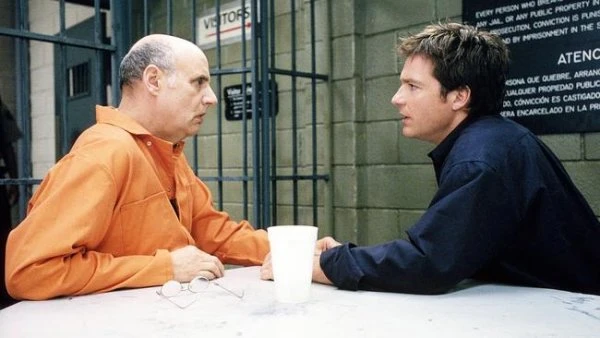
The documentary is supposed to be the story of the entrepreneurial Bluth family. It opens with their domineering patriarch George (Jeffrey Tambor) in prison, requiring his surprisingly well adjusted second son Michael (Jason Bateman) to keep the family business going. The only commercial assets at his disposal are, apparently, a run down banana stand where George began his business career, a desert housing development consisting of a single shoddily built show home, and one of those motorised staircases you see at airports. Although the family has enjoyed an affluent lifestyle in the past, various family members are reduced to using the show home as their real home and the motorised staircase as their main means of transport. There is, however, much about which no one has told Michael.
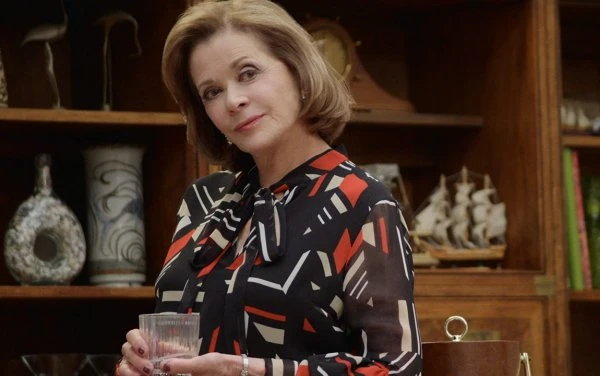
He is well meaning and basically honest, but these qualities are tested to limit by the other members of his family, the very people he is trying to help. His selfish, arrogant, borderline alcoholic mother (Jessica Walter at her magnificent best) is just as adept at undermining her children's self esteem as her husband. His elder brother George Oscar or "Gob" (Will Arnett) is a not very bright but hypermasculine loser obsessed with becoming a magician. His younger brother "Buster" (Tony Hale) is his mother's favourite and, as a result, has never been allowed to grow up. Their sister Lindsay (Portia de Rossi) is a parasitic socialite, whose support of various causes she does not understand would probably allow her to call herself an "activist" these days. She is married to Tobias (David Cross), previously a successful analyst and therapist - two occupations he combines unwisely in a single word of his own devising - now as obsessed with becoming as actor as Gob is with magic, despite a similar lack of aptitude.
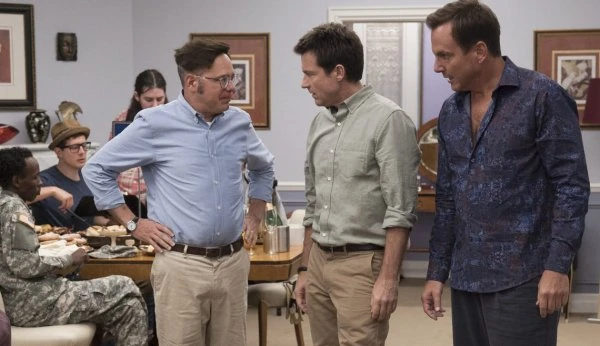
Michael's slightly gormless son, George Michael, is played by Michael Cera as what has since become familiar as the "Michael Cera Character." Despite inner reservations, George Michael is inclined to go along with almost anything anyone tells him, making him something of the classic "guileless fool" of literature. He is secretly in love with his first cousin, Tobias' daughter, the precocious Maeby (Alia Shawkat). In one of the show's best running gags, Maeby bluffs her way into a very successful career as a studio executive while playing truant from High School, a telling satirical swipe about the people running Hollywood these days and their obsession with youth.
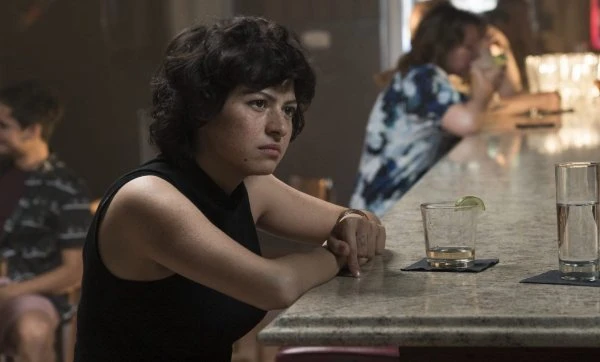
Bateman and Cera were the two great "break out" stars, even if it could be argued that they have been playing the same roles ever since - Ozark is basically Michael Bluth in a crime drama rather a comedy. However, it is the old pros Tambor and Walter who steal the show, just as their characters steal whatever they can. It seems Tambor was hired at first only to get the show off the ground but they kept finding pretexts to keep his character on-screen. Indeed, he ended up doing double duty, also playing George's twin brother, and direct opposite, the hippyish Oscar.
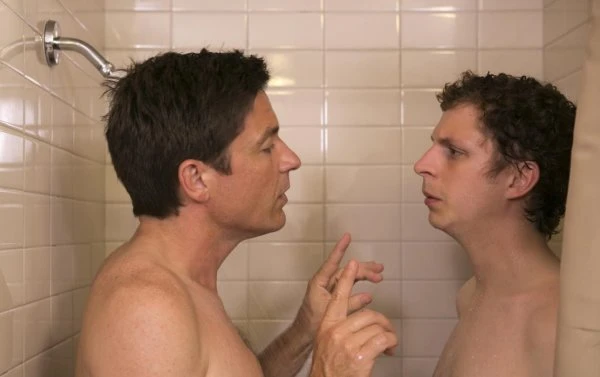
They were supported by a very strong guest cast, including, in addition to the various members of the Howard family, Liza Minnelli (Ron Howard's babysitter when he was young), Henry Winkler (Ron's old pal from Happy Days), Carl Weathers, Ben Stiller, Amy Poehler, Jane Lynch, Julia Louis-Dreyfus, Judy Greer, Patricia Velasquez, Alan Tudyk, Ed Begley Jr, and Charlize Theron. The last was Michael's fleeting love interest a particularly amusing subplot set in a (mostly) fictional British colony in Orange County, which is required viewing for any Britons so foolish as to be curious about how Americans really see them.
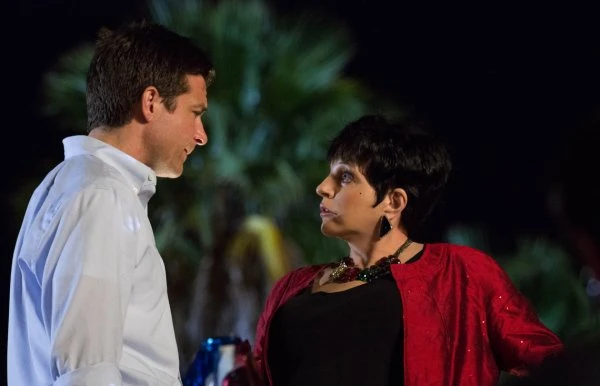
Some of the best humour is found in the graphics. Arrested Development is not really suitable for scheduled broadcast because it is best appreciated with a pause button so that you can see details of various publications, captions, or background signage that may flash on screen for only a second or so. In general, you have to pay attention and have a good memory for what happened before to get the most out of the show. This may be another reason why it found it difficult to connect with a mainstream audience when it was first broadcast.
Streaming seems a more natural home for it. So when after it was, almost inevitably, cancelled by Fox - who are famous for pioneering "cult" shows and then dropping them very quickly - it looked a perfect fit when Netflix started looking to produce their own content a few years later. It was certainly a big PR win for the former DVD rental service turned streamer when they brought the show back from the dead.
However, in retrospect, Netflix were perhaps trying too hard to impress. Having bought their edgy, innovative show, they wanted to make it look even edgier and more innovative. So they decided to "mix things up." This was a mistake.
They started by mixing up the format. The first Netflix season, the show's fourth overall, abandoned the usual chronological structure in favour of a more complicated one telling the story from the different points of view of the various characters. Some people liked this, but it was a poor commercial move. The fourth season was eventually recut into a more conventional structure as the "Fateful Consequences Remix," which was itself controversial and, anyway, by that stage the damage was done. A belated fifth and final season went the traditional route by sticking to straight chronology.
Even worse was the decision to mix up the characters. Michael and George were particularly badly treated in this respect, suddenly becoming untrue to all they had been before. At the same time the plotlines involving some of the weaker characters were so obviously forced that they served only to highlight that they were always rather one joke roles.
It has to be said that Arrested Development was always prone to not only flogging a joke to death but then chasing it into the Afterlife. Some of the better jokes, like Maeby in Hollywood, were worthy of the constant referring back. Others were really not that funny in the first place. This became more obvious during the Netflix revival. To be honest, most of the seasons were too long. A couple of years later and Netflix themselves would have insisted on making them shorter, which might have forced the comedy to sharpen itself a bit more.
The show ventured more into political satire, where it was heavy handed while somehow at the same time lacking in punch. It does deserve credit the producers may not want for introducing the idea of a US-Mexico border wall to a wider audience - even if what the producers evidently intended as satire was taken more seriously by others. Such are the times in which we now live.
With the benefit of hindsight, perhaps the show would be remembered with more respect if it had not been revived by Netflix. It would have retained the status of being one of the many "might have beens" martyred by Fox. As it is, it was a very clever show, and sometimes a very funny show, but it falls short of being a truly great show.
Seen this show? How do you rate it?
Seen this show? How do you rate it?
Published on April 11th, 2023. Written by John Winterson Richards for Television Heaven.


